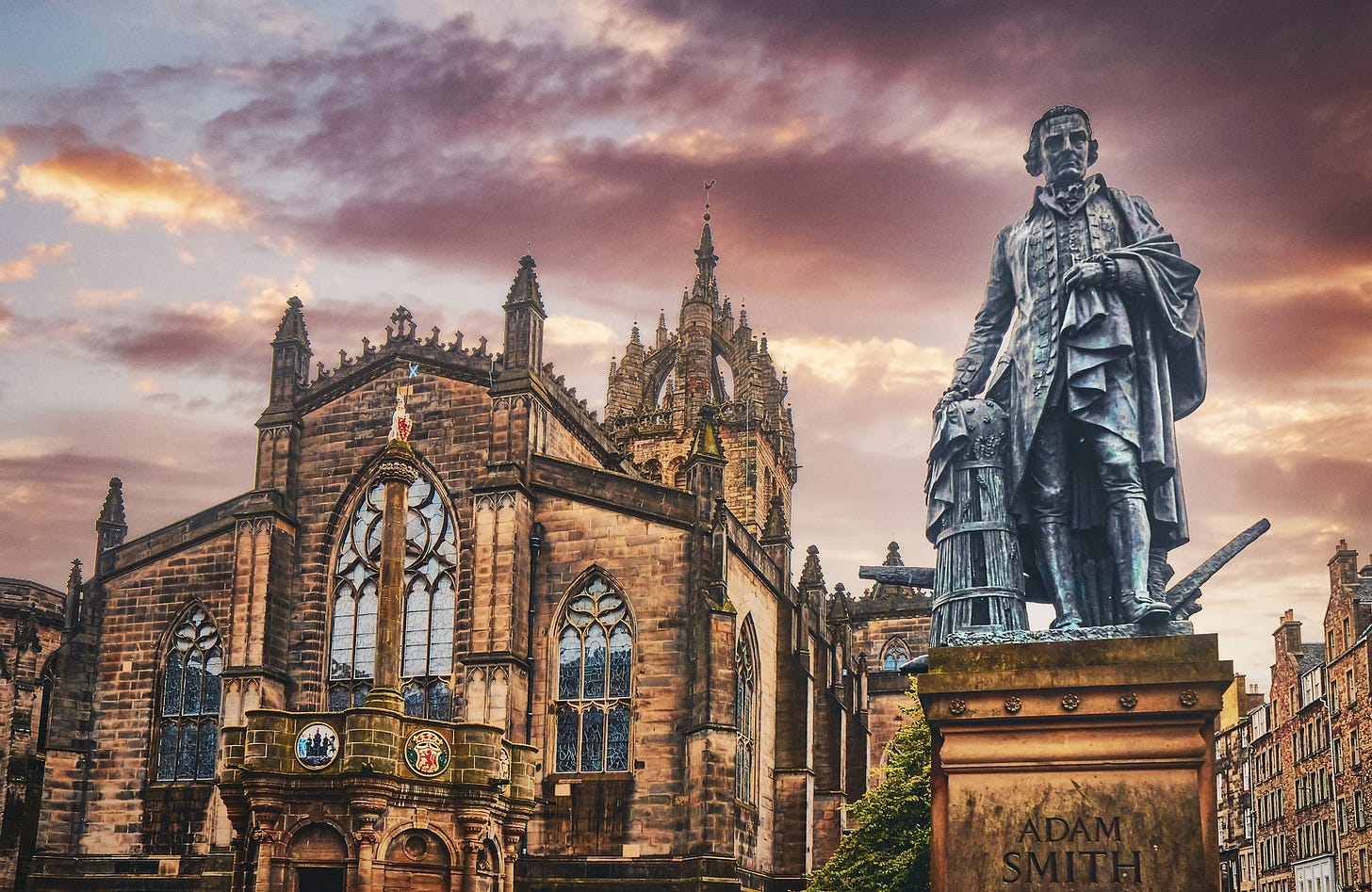
“Liberal” and “liberalism” can mean many different things. In the US, liberals are considered leftists, while in many other countries, they are deemed to be on the right-wing spectrum. However, leftists in Europe have developed the tendency to call themselves "social-liberal" to demarcate themselves from economic liberalism.
Now, why would leftists call themselves “social-liberal”? The idea is that “social-liberal” stands for democracy, freedoms and civil rights. Yet, that is what socialism—and social democracy as a variety of socialism—stand for too, except for its perversion, Bolshevism.
And indeed, socialism defends a more coherent variety of freedom and rights, as some of its most important thinkers, such as Marx, have pointed out. Socialists know that people are not free in liberal capitalism because they have no capital; rather, they must sell their time and energy to employers to make a living.
Nor is liberalism’s shopkeeper-entrepreneurial ethics freedom: Liberals and libertarians like to claim that everybody who wants to make a fortune can do so if "markets" are free or opportunities are equal. While that is false and not even clear what it means, most people do not want to be businesspeople or entrepreneurs. That is not freedom for most of us.
Freedom is to do what you want against the limitations of other people’s rights and (economic) reality. Yet, that is only possible, as Marx, Polanyi, Einstein, Keynes and Hawking pointed out, if we create so much wealth through rational, automated production that people do not have to work, but rather can do what they want. However, that itself is not possible with capitalism, which renders the purpose of life as a business activity, concentrates power through competition, sacrifices productivity for profit, and reduces people to a resource—the “human resource”.
Still, a few decades ago, it was clear that liberalism is the political and economic philosophy of capitalism. Therefore, it is a misnomer, if leftists call themselves “social-liberal”, let alone “liberal”. Liberalism has always been purposefully unclear. It makes no real suggestions on how a liberal democracy should be implemented. The liberal constitutions it has created have effectively disempowered people and cemented capitalism.
If that was not enough, the particular parliamentary systems that have been created in the name of liberalism seem designed to magically hold progress for decades, making it nearly impossible to change liberal constitutions. And liberalism is purposefully silent on economics, to make it appear as if economics were different from politics and society. This separation allows capitalists to rule without interference, canceling civil rights in the "sphere of economics".
If leftists call themselves "social-liberal", they implicitly accept this separation between politics and society on the one hand and economics on the other. If we give liberals the separation between society and economics, we basically collapse socialism into liberalism—exactly what we have seen for the last four to five decades since the neoliberalism revolution.
Real freedom requires socialism, and socialism is only at odds with freedom if we confuse it with Bolshevism. What it means for the US, that a neoliberal party like the Democrats is considered left-wing, is a topic for another time.



